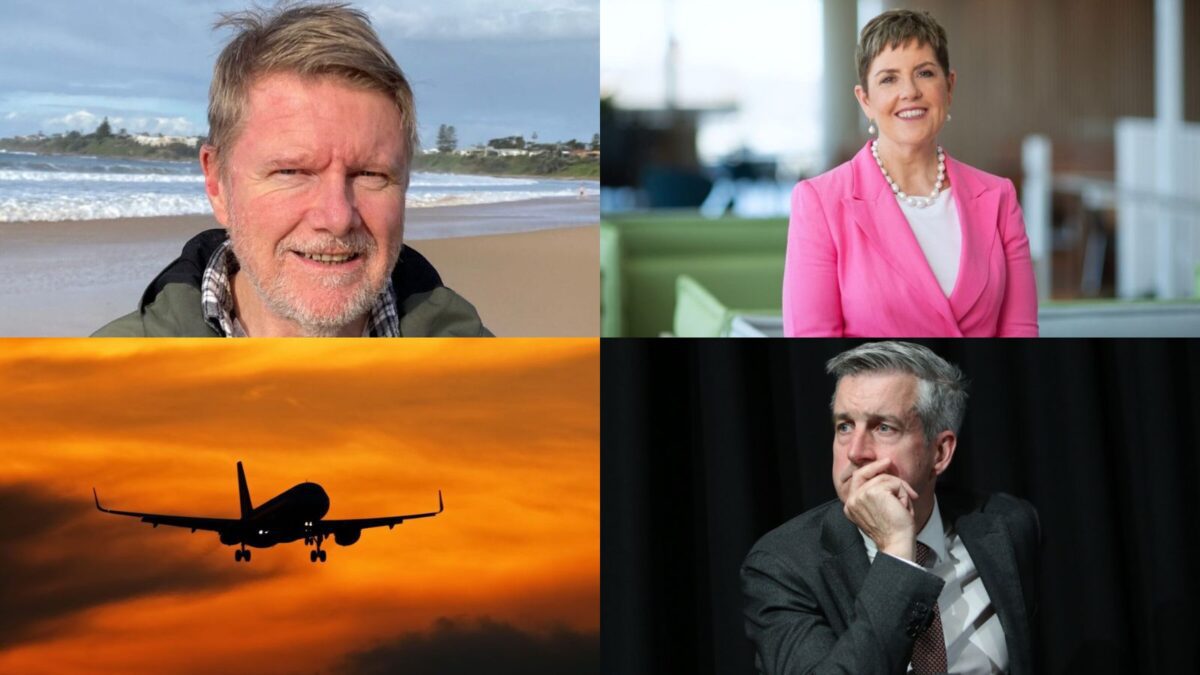‘Martian real estate’ and bittersweet farewells: ISN’s top 10 stories of 2024
2024 was an extremely fruitful year for ISN’s coverage of Australia’s institutional investment landscape. Whether it was news of the upheaval in AustralianSuper’s international equities team or AMP’s ill-advised decision to slash employee benefits, ISN’s most-read stories of 2024 were (mostly) stories that couldn’t be read anywhere else.
But those stories are only possible because of the army of readers who pick up the phone or dash off an email with a tip, their opinion, or a suggestion about a topic that should be covered. It was readers who helped out with ISN’s deep analysis of HESTA’s donut addiction, an oral history of niche aviation industry fund AvSuper, and a quick investigation into commercial property valuations at ISPT; it’s readers who crunch the performance numbers and say when they don’t add up. ISN regularly goes where other publications won’t, or won’t bother to. But it’s readers that help get it there. Without further ado, here are the stories that mattered most to you.
10. What HESTA’s sweet tooth really tells us about super expenses

APRA’s super expenses data was supposed to provide granular insight into how funds were spending their members’ money. But it seems it was only as granular as funds wanted it to be. Most big funds put their marketing budgets through related parties, meaning it’s impossible to see where they went. Not so for HESTA, which recorded every cent that its staff spent on donuts, coffee and pasta. In a time when the regulator is demanding more and more transparency in superannuation, HESTA’s efforts are admirable.
9. Why Aware’s best returns aren’t a matter of being ‘super clever’
ISN loves good product design, and the lifecycle investment options that are quietly taking over the superannuation industry are just that. Aware was an early adopter of lifecycle, which sets investment risk higher for young members and lowers it as they age, granting them “temporal diversification”: a 20-year old has (almost) all the time in the world to make up a big loss, and with an 88 per cent allocation to explicit growth assets – and a bit more coming through from Aware’s mid-risk private assets that have some defensive characteristics – they will. If readership is any indication, ISN’s audience likes lifecycle too.
8. How Mine Super’s investment reset took it from YFYS ‘clobbering’ to top of the charts
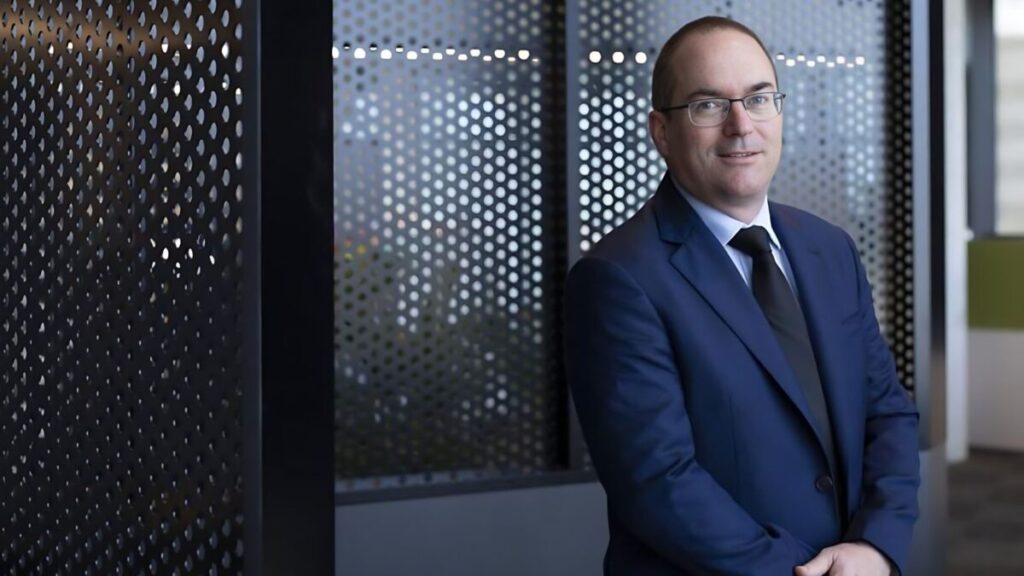
Before 2018, Mine Super had a “very conservative philosophy” of protecting members at all costs – a philosophy that was incompatible with the YFYS test, and what’s been a golden age of investment. So it shed its hedge funds and portfolio insurance, and the idea that everything – from manager selection to sector construction – should be done in-house. Add in a bit of clever lifecycle product design, and today it consistently sits at the top of the growth rankings.
7. Up in the air: The end of AvSuper
The story of AvSuper is the story of many small funds since 2021: knocked about by YFYS, and with membership in decline, Av merged with ART and effectively disappeared. But that story obscures the other story of small funds: organisations that were more like small businesses, with staff that knew many members by name, innovative investment programs and a natural advantage in administration. Both of those stories are told in this article – an oral history of an almost extinct species.
6. Why ART won’t get on the internalisation ‘roundabout’
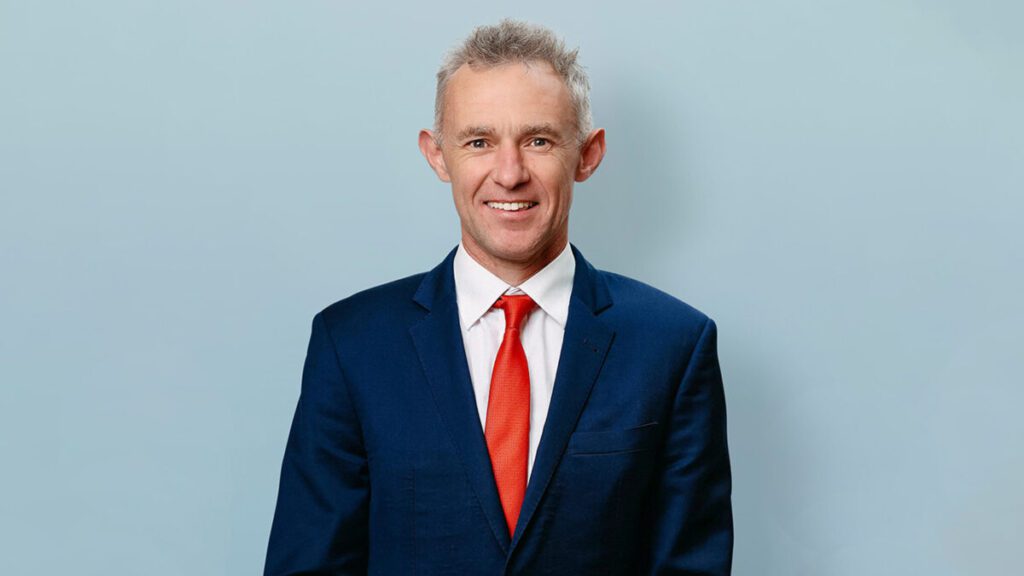
The bigger a super fund gets, the more investment management it brings in house – or so goes the conventional wisdom. Not so for Australian Retirement Trust, which has decided to keep a mostly outsourced model.
“You look around the world and you see that there’s a cycle around internalisation,” head of investment strategy Andrew Fisher told ISN. “You can look to funds in Canada or the Netherlands, which are more developed in terms of their investment capability, and you tend to see a 20-30 year cycle of internalisation and externalisation. We’re not convinced we want to go on that roundabout.”
5. ‘An assumption everybody should question’: Sam Sicilia’s $200 billion hypotheticals
An interview with Hostplus CIO Sam Sicilia is always a rewarding one, and April’s sit-down was no exception. Talking everything from theoretical physics to Martian real estate, Sicilia warned that much of the day-to-day business of investing is built on assumptions: assumptions that the Superannuation Guarantee will remain a feature of the landscape; assumptions that assets will continue to behave as they have in the past; assumptions that the world will even be here tomorrow.
“No human intervention can change the laws of physics; physics is easy, finance is hard,” Sicilia told ISN. “Physics is repeatable; you can rely on its laws, and it doesn’t matter whether Europe puts a tax on it or the US legislates an anti-physics act… A scientific fact remains a scientific fact until somebody disproves it. In finance you can have multiple opinions about everything at every stage.”
4. State Street prepares to bring $80 billion of new clients aboard
It might have been the most read custody story, but this piece about State Street really stands in for the flurry of activity that continued into 2024 following the withdrawal of NAB Asset Servicing from the market in 2022. Custody and asset servicing are sectors that fly under the radar, garnering little interest from the mainstream press, but they form the backbone of the financial services industry.
3. Farewell Greg Bright, a journalist
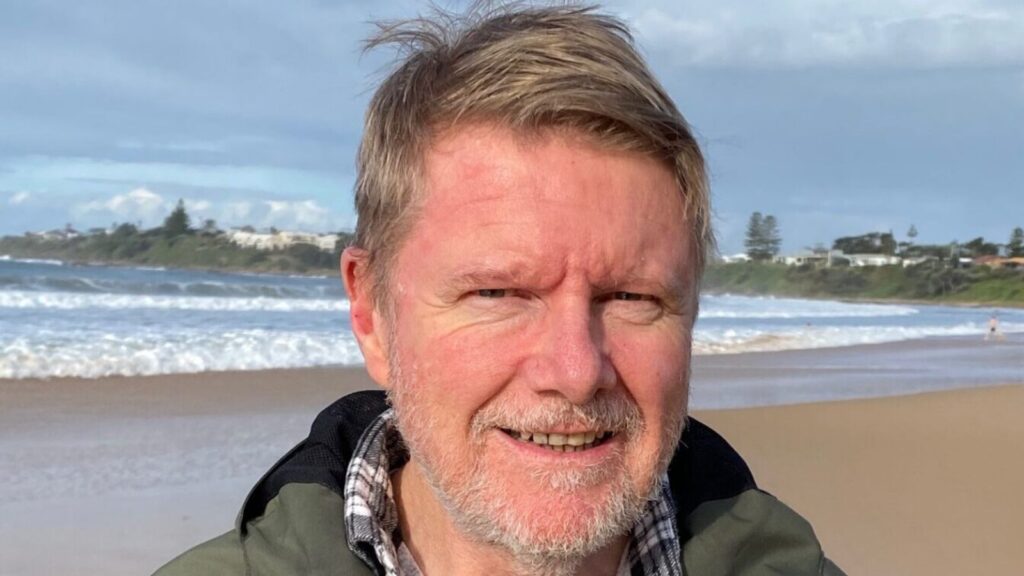
This year’s top 10 list is bittersweet, as Greg Bright isn’t around to question the ranking. If he was here, he’d ask why his obituary wasn’t number one – not out of some egotistical need to be in the top spot, but in the knowledge that obituaries are always well read. Alas, Greg, the readers wanted blood and guts – but you knew that too.
2. AustralianSuper clears the decks for UK expansion
AustralianSuper’s March tour of the UK, where chief executive Paul Schroder met the Chancellor of the Exchequer, committed A$15.6 billion to investments in the country and got kudos from then-prime minister Rishi Sunak for doing so, might well have announced the arrival of big super on the world stage (even if they’ll only be medium-sized fish in a big pond).
But that victory lap resulted in plenty of grumbling that soon made its way to ISN’s expansive network of informants. As part of its push into the UK, AustralianSuper would be making a number of key members of its Melbourne-based international equities team redundant and replacing them with new employees in London – a potent allegory for the change that super funds are undergoing as they shed their underdog Australian roots to become true international players.
1. ‘They’re going ballistic’: AMP slashes redundancy benefits across business
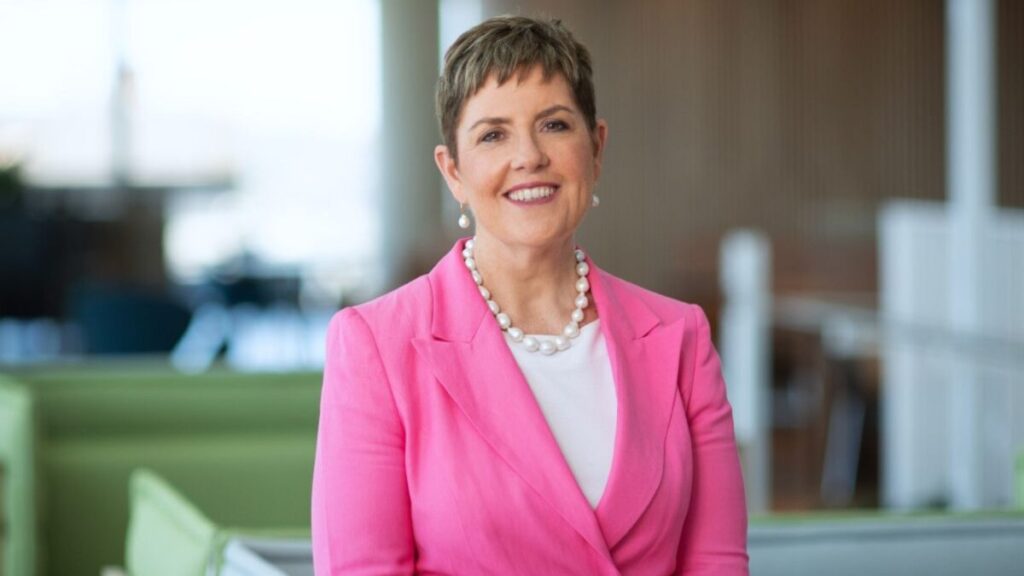
AMP’s move to cut redundancy pay maximums and notice periods for its longest serving employees was met with uproar. A picture is worth a thousand words, and that was the case for the covert screenshots of internal communications seen by ISN, with employees in open revolt against management. The story – which went to the issues of fairness, the history of AMP and the after-effects of the royal commission on the financial services landscape – was ISN’s best read of the year. After all, it’s hard to walk past quotes like “How can customers trust AMP if the employees no longer trust their employer?”.



